Cognitive Bias: The Fluency Effect or Processing Fluency
Principal Category: Cognitive Biases
Author:
• Tim McGuinness, Ph.D. – Anthropologist, Scientist, Director of the Society of Citizens Against Relationship Scams Inc.
The fluency effect, or processing fluency, is a cognitive bias where information that is easier for the brain to process is perceived more positively, judged as more truthful, and remembered better than more complex information.
This spans perceptual fluency, like clear and legible fonts being viewed as more credible, and conceptual fluency, where familiar words are processed faster and judged more truthful. This effect influences preferences, judgments, truth perception, and memory.
Mechanically, fluently processed information generates positive affect and requires less cognitive effort, which the brain interprets as a sign of reliability.

The Fluency Effect, also known as Processing Fluency
The fluency effect, also known as processing fluency, refers to the ease with which information is processed by the brain. This cognitive bias suggests that information that is easier to process is generally perceived more positively, judged to be more truthful, and remembered more readily than information that requires more cognitive effort. This effect spans various domains, including visual perception, language processing, and social judgments.
General Understanding of Processing Fluency
- Perceptual Fluency: This type involves the ease with which a stimulus can be perceived. For example, clear and legible fonts are processed more fluently than complex and ornate fonts. Research has shown that information presented in easy-to-read fonts is perceived as more credible and easier to understand than the same information presented in a difficult-to-read font.
- Conceptual Fluency: This refers to the ease with which information is processed semantically. For example, familiar words or concepts are processed more fluently than unfamiliar ones. Studies have demonstrated that sentences containing familiar and predictable words are read more quickly and are judged to be more truthful than those containing less familiar or unpredictable words.
Effects of Processing Fluency
- Positive Judgments and Preferences: Fluency affects our preferences and judgments. When information is processed fluently, it tends to be associated with positive emotions, leading individuals to prefer items, ideas, or people that are easier to process. This is evident in marketing, where easily recognizable brand names and logos tend to be more successful.
- Truth and Credibility: There is also a strong link between fluency and perceived truthfulness. The “truth effect” suggests that statements or facts that are easier to process are more likely to be judged as true. This can be seen in media and political communication, where repetition and simplicity are used to enhance the credibility of messages.
- Memory and Recall: Fluently processed information is also more easily remembered. This is because the brain expends less effort in encoding and retrieving information that is easy to process. As a result, educational materials and advertisements often use clear, straightforward language and familiar concepts to enhance retention.
Mechanisms Behind the Fluency Effect
The underlying mechanisms of the fluency effect involve both affective and cognitive processes. When information is processed smoothly, it generates positive affect, which can then influence judgments and decisions. Additionally, fluently processed information requires less cognitive effort, which the brain interprets as a sign of reliability and truth.
Summary
The fluency effect is a powerful cognitive bias that impacts various aspects of perception, judgment, and memory. By understanding how fluency influences our thoughts and behaviors, individuals and organizations can craft more effective communication strategies, enhance learning, and improve decision-making processes.
Important Information for New Scam Victims
- See more at www.ScamVictimsSupport.org – a SCARS Website for New Scam Victims
IMPORTANT NOTE: This article is intended to be an introductory overview of complex psychological, neurological, physiological, or other concepts, written primarily to help victims of crime understand the wide-ranging actual or potential effects of psychological trauma they may be experiencing. The goal is to provide clarity and validation for the confusing and often overwhelming symptoms that can follow a traumatic event. It is critical to understand that this content is for informational purposes only and does not constitute or is not a substitute for professional medical advice, diagnosis, or treatment. If you are experiencing distress or believe you are suffering from trauma or its effects, it is essential to consult with a qualified mental health professional for personalized care and support.

Welcome to the SCARS INSTITUTE Journal of Scam Psychology
A Journal of Applied Scam, Fraud, and Cybercrime Psychology – and Allied Sciences
A dedicated site for psychology, victimology, criminology, applied sociology and anthropology, and allied sciences, published by the SCARS INSTITUTE™ – Society of Citizens Against Relationship Scams Inc.
TABLE OF CONTENTS
A Question of Trust
At the SCARS Institute, we invite you to do your own research on the topics we speak about and publish, Our team investigates the subject being discussed, especially when it comes to understanding the scam victims-survivors experience. You can do Google searches but in many cases, you will have to wade through scientific papers and studies. However, remember that biases and perspectives matter and influence the outcome. Regardless, we encourage you to explore these topics as thoroughly as you can for your own awareness.
Please Leave A Comment
Recent Comments
On Other Articles
[better_recent_comments number=”5″ format=”{avatar} on {post}: “{comment}” {date}” avatar_size=”20″]
A Note About Labeling!
We often use the term ‘scam victim’ in our articles, but this is a convenience to help those searching for information in search engines like Google. It is just a convenience and has no deeper meaning. If you have come through such an experience, YOU are a Survivor! It was not your fault. You are not alone! Axios!
Statement About Victim Blaming
Some of our articles discuss various aspects of victims. This is both about better understanding victims (the science of victimology) and their behaviors and psychology. This helps us to educate victims/survivors about why these crimes happened and to not blame themselves, better develop recovery programs, and to help victims avoid scams in the future. At times this may sound like blaming the victim, but it does not blame scam victims, we are simply explaining the hows and whys of the experience victims have.
These articles, about the Psychology of Scams or Victim Psychology – meaning that all humans have psychological or cognitive characteristics in common that can either be exploited or work against us – help us all to understand the unique challenges victims face before, during, and after scams, fraud, or cybercrimes. These sometimes talk about some of the vulnerabilities the scammers exploit. Victims rarely have control of them or are even aware of them, until something like a scam happens and then they can learn how their mind works and how to overcome these mechanisms.
Articles like these help victims and others understand these processes and how to help prevent them from being exploited again or to help them recover more easily by understanding their post-scam behaviors. Learn more about the Psychology of Scams at www.ScamPsychology.org
Psychology Disclaimer:
All articles about psychology, neurology, and the human brain on this website are for information & education only
The information provided in these articles is intended for educational and self-help purposes only and should not be construed as a substitute for professional therapy or counseling.
While any self-help techniques outlined herein may be beneficial for scam victims seeking to recover from their experience and move towards recovery, it is important to consult with a qualified mental health professional before initiating any course of action. Each individual’s experience and needs are unique, and what works for one person may not be suitable for another.
Additionally, any approach may not be appropriate for individuals with certain pre-existing mental health conditions or trauma histories. It is advisable to seek guidance from a licensed therapist or counselor who can provide personalized support, guidance, and treatment tailored to your specific needs.
If you are experiencing significant distress or emotional difficulties related to a scam or other traumatic event, please consult your doctor or mental health provider for appropriate care and support.
Also, please read our SCARS Institute Statement About Professional Care for Scam Victims – here
If you are in crisis, feeling desperate, or in despair please call 988 or your local crisis hotline.
SCARS Institute Resources:
- If you are a victim of scams go to www.ScamVictimsSupport.org for real knowledge and help
- Enroll in SCARS Scam Survivor’s School now at www.SCARSeducation.org
- To report criminals visit https://reporting.AgainstScams.org – we will NEVER give your data to money recovery companies like some do!
- Sign up for our free support & recovery help by https://support.AgainstScams.org
- Follow us and Find our podcasts, webinars, and helpful videos on YouTube: https://www.youtube.com/@RomancescamsNowcom
- SCARS Institute Songs for Victim-Survivors: https://www.youtube.com/playlist…
- See SCARS Institute Scam Victim Self-Help Books at https://shop.AgainstScams.org
- Learn about the Psychology of Scams at www.ScamPsychology.org
- Dig deeper into the reality of scams, fraud, and cybercrime at www.ScamsNOW.com and www.RomanceScamsNOW.com
- Scam Survivor’s Stories: www.ScamSurvivorStories.org
- For Scam Victim Advocates visit www.ScamVictimsAdvocates.org
- See more scammer photos on www.ScammerPhotos.com


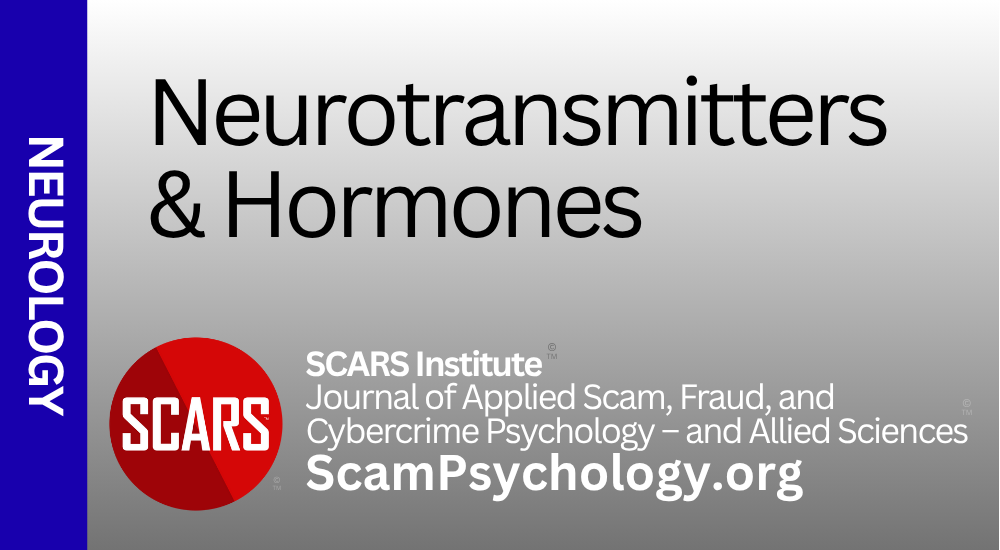
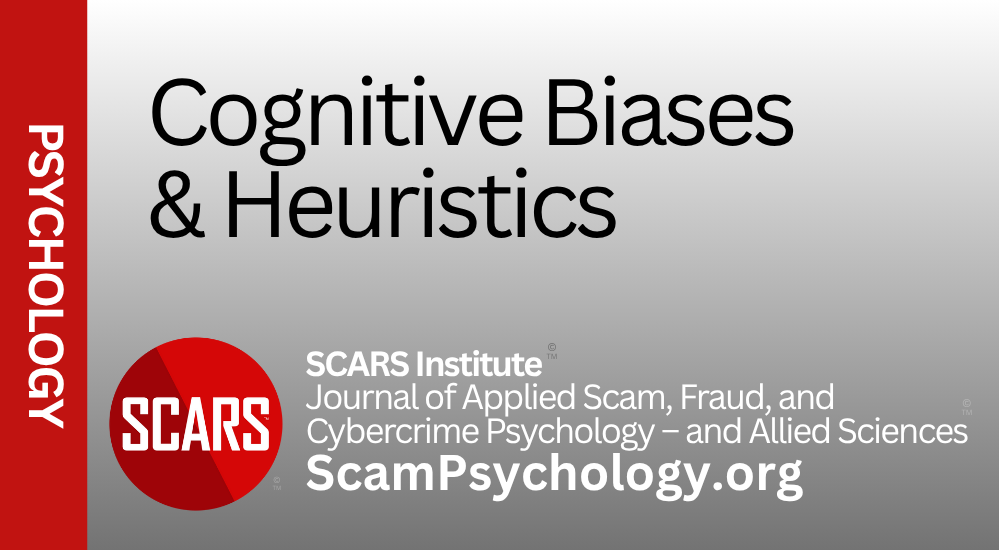
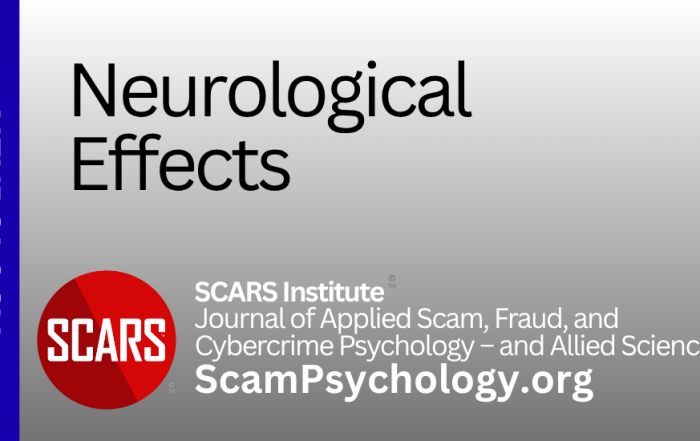

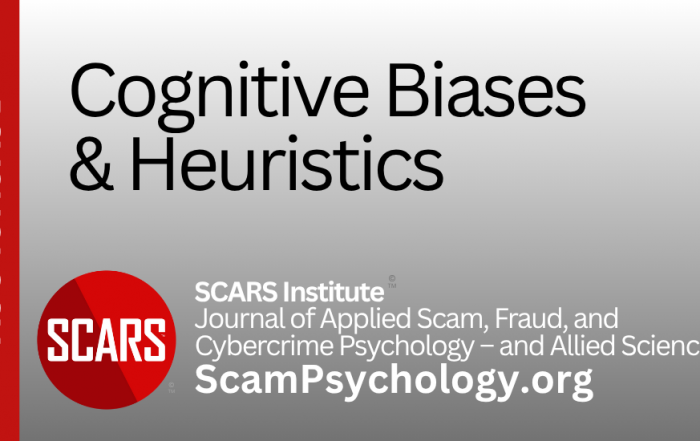
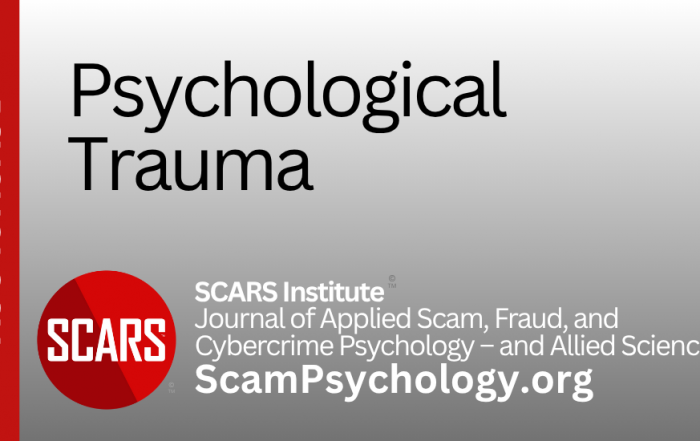
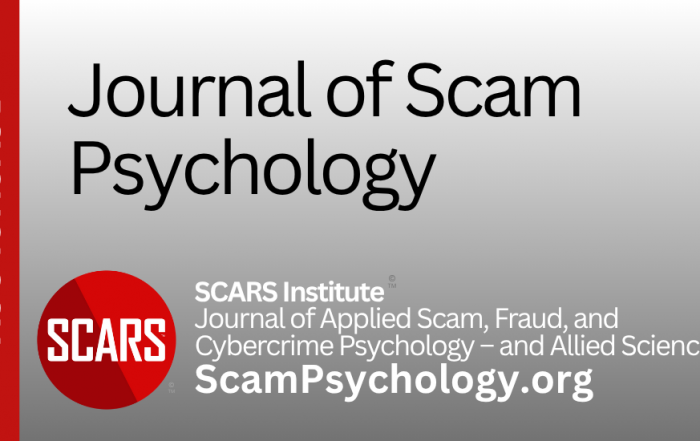
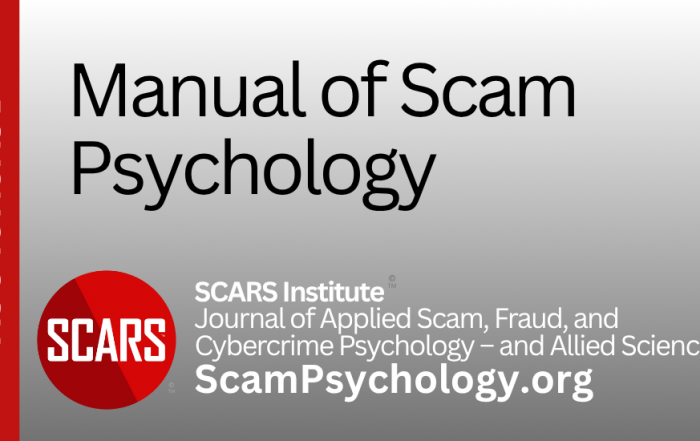

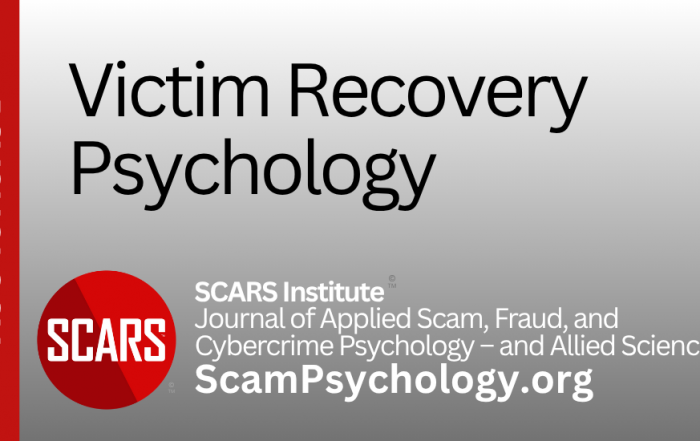
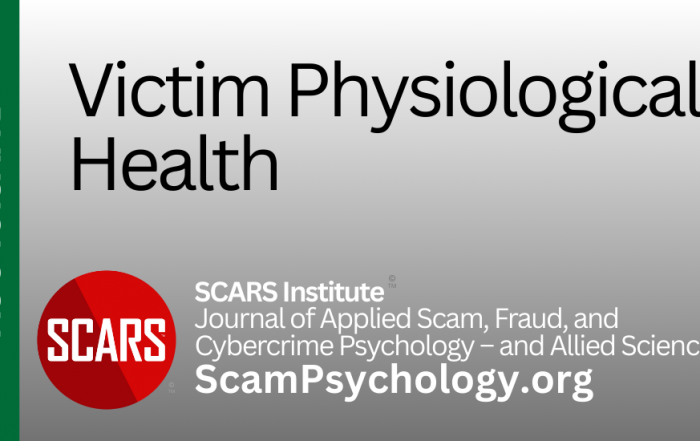

![niprc1.png1_-150×1501-11[1]](https://scampsychology.org/wp-content/uploads/2025/05/niprc1.png1_-150x1501-111.webp)